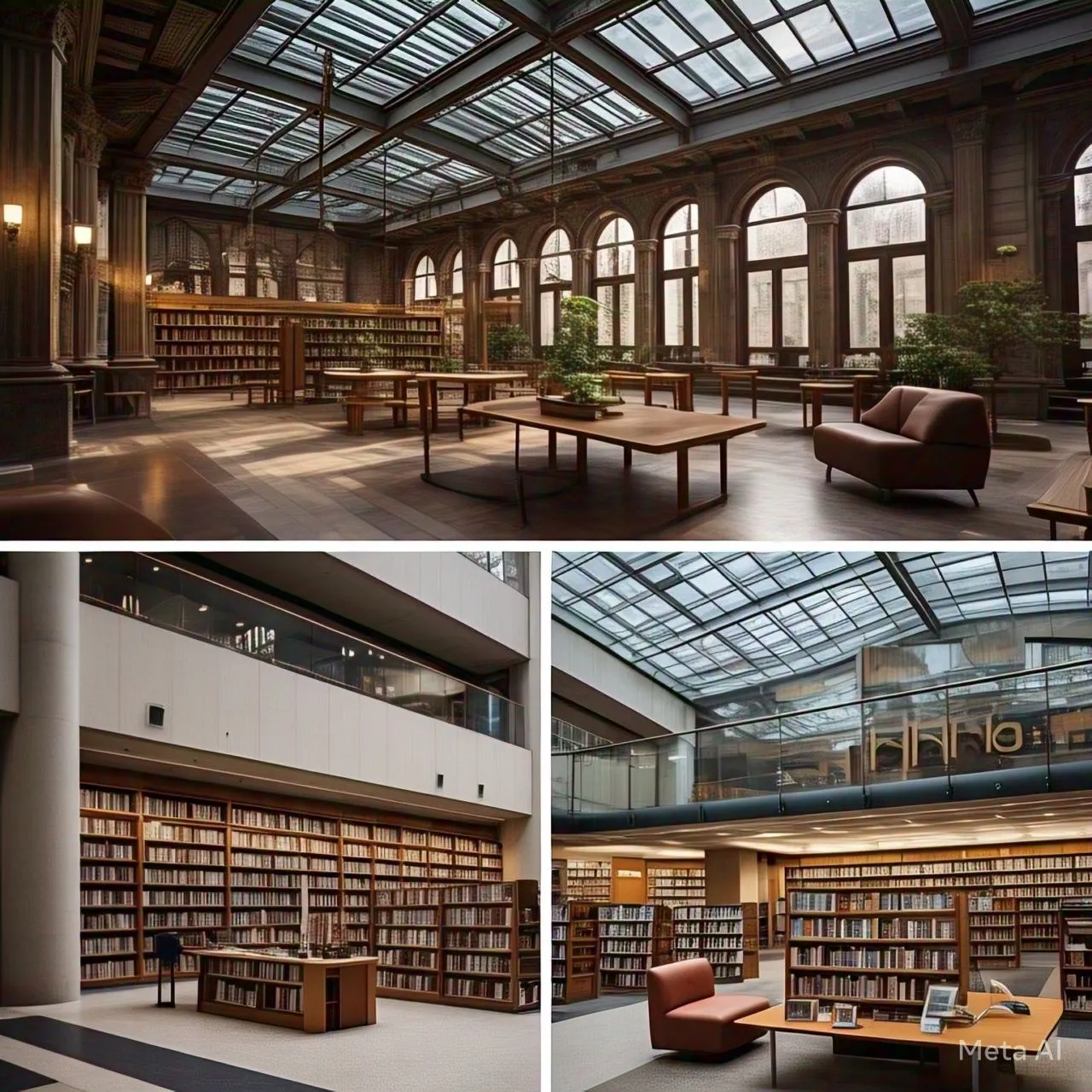Are libraries still needed in this digital age?

In my own opinion, yes, we still need libraries as we can't remove them completely. Libraries are great places to seek knowledge. But today, things have taken a different turn. Many people do not see the need to go to libraries all because they now have everything at the tip of their fingers. Information could easily be searched for with mobile devices and once the internet is okay.
In fact, there are hard copies that one can buy and read in the comfort of their home, while some would prefer reading software through PDFs and eBooks. This is a good thing, but it doesn't mean libraries should be scrapped, because no matter what, there are still people who prefer visiting those places even though they know the ease that comes with the digital age.
One key role libraries still play is providing access to knowledge for those who cannot afford books or digital subscriptions that are expensive. All fingers aren't equal, and not everyone can afford to subscribe to online learning platforms, buy eBooks or even subscribe to data to gain access to the internet.
Libraries bridge this gap by offering free access to books, research materials and in many cases, the internet itself through free WiFi allowed. This makes libraries more than just a place where books are stored alone; they are also means for equal learning opportunities.
Another important aspect to consider about libraries is the kind of environment they create. Unlike reading at home where distractions are common, going to libraries is always quiet and peaceful, structured spaces that encourage deep focus, concentration and learning.
Students preparing for exams, researchers working on projects and individuals who enjoy the serenity of physical books often find libraries worth visiting.
In addition, libraries aren't just about books anymore. Many of them have been turned into modern learning centres that offer digital resources, training programs and workshops. For instance, some libraries offer free access to online courses, organise book clubs, and even educational seminars that help individuals grow personally and professionally. This means that libraries are adapting to new changes rather than becoming static and old.

Moreover, there's something unique about holding a book physically. The smell of pages, the feel of paper and even the feeling of enjoying flipping through a book create a different kind of connection to reading.
If you notice, it's easier to retain information better when reading from physical books rather than screens. Libraries preserve this traditional reading experience while still embracing the advancements of digital.
To conclude with this, while the world is moving fast with innovations in digital technologies, libraries are seen as an essential part of society. They provide free access to knowledge, a distraction-free learning space and a sense of community and connections that digital platforms cannot fully replace.
We shouldn't see libraries as outdated. Instead, we should recognise their evolving role in today's world and ensure they continue to serve as valuable knowledge spaces.
Both images are generated from Meta AI
